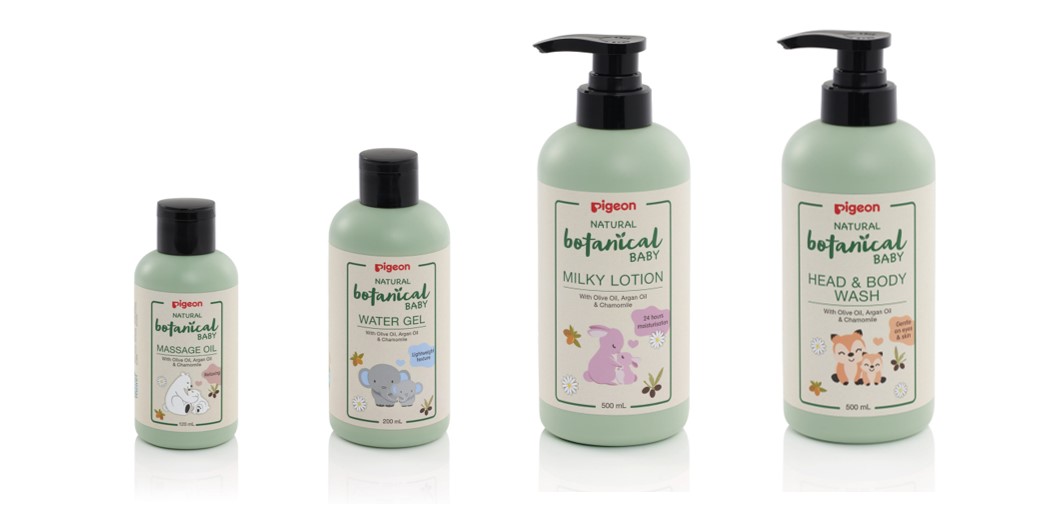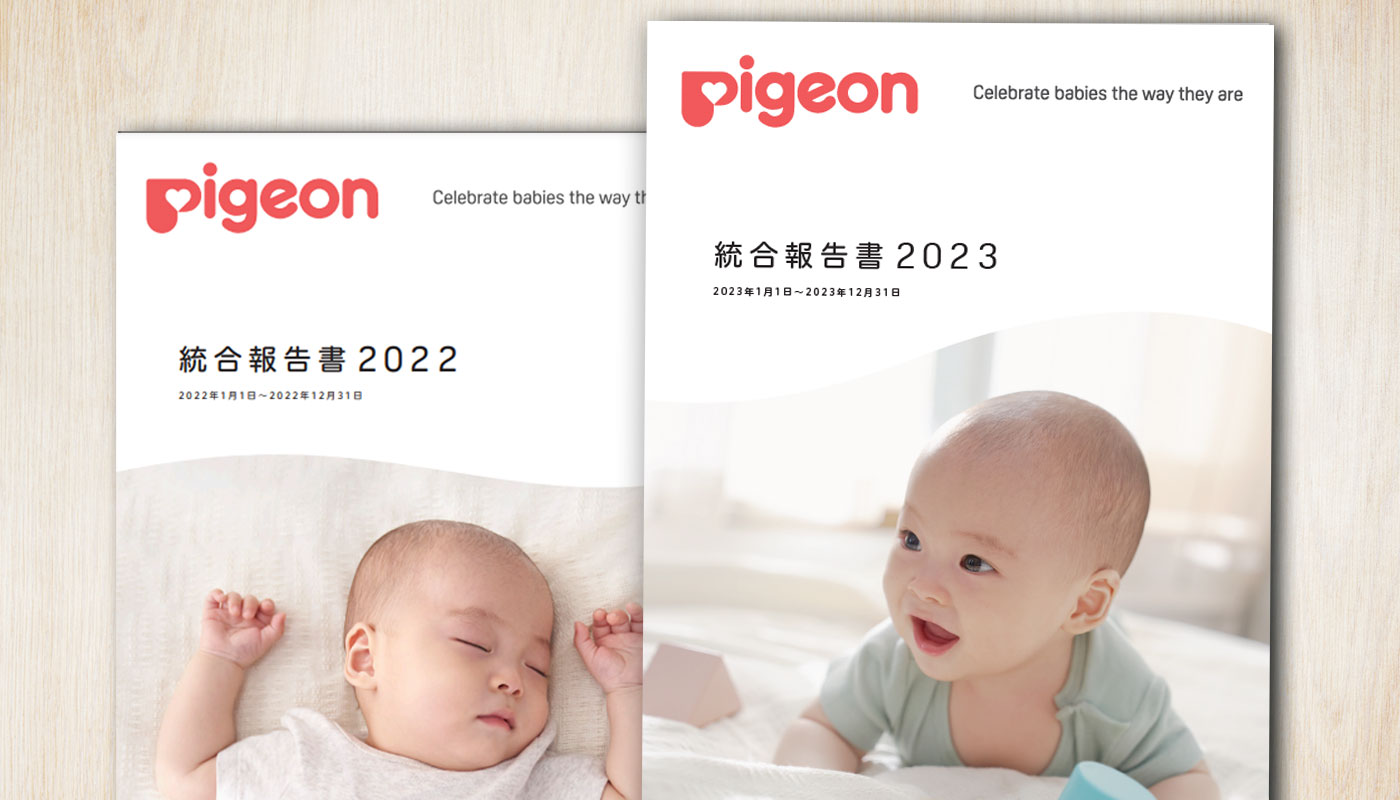Basic Approach
By continuing to truly focus upon babies, we want to make the world more baby-friendly. At the same time, we aim to achieve sustainable growth as a company by reducing environmental impact and solving social issues surrounding babies and families in all countries and regions where we conduct business activities. The Pigeon Group believes that sustainable and ethical sourcing of raw materials is necessary, and we pursue high quality and stable supplies of the products and raw materials we procure.
Sustainable paper usage
The Pigeon Group promotes the use of forest-certified paper and recycled paper sourced from properly managed forests. By 2030, we aim to ensure that 100% of our stock-keeping units (SKUs) using paper in their packaging* will utilize forest-certified or recycled paper.
We are particularly advancing the adoption of forest-certified paper for the individual boxes of our core products, nursing bottles,and nipples. In Japan, we have already implemented forest-certified paper for all paper packaging in the new series of our Bonyu Jikkan products. Similarly, in China, we have adopted forest-certified paper for approximately 90% of the packaging for Ziran Shigan (the Chinese equivalent of Bonyu Jikkan).
In addition, we promote the use of sustainable paper for a wide range of product packaging, including maternity wear, skincare, laundry, and cleaning products. We are working in various countries not only to adopt forest-certified paper for new product packaging but also to switch to forest-certified paper for existing product packaging
*Excludes items such as cardboard boxes used during transportation and label stickers
Sustainable palm oil usage
Palm oil is a vegetable oil extracted from the fruit of oil palm trees cultivated in tropical regions. It is used in foods, detergents, and a range of other applications, and demand for it continues to grow globally. However, various problems related to palm oil have been noted in areas such as agricultural development and working conditions. The detergent and skin care products manufactured by the Pigeon Group include ingredients manufactured from palm oil and palm kernel oil among their raw materials. To encourage the sustainable use of palm oil, in December 2020 Pigeon became a ordinary member of the Roundtable on Sustainable Palm Oil (RSPO).1
Additionally, in our Japan and Singapore businesses, since 2021 we have been purchasing and claiming RSPO credits through the book-and-claim model2 for certain detergent and skin care products. The Natural Botanical Baby skincare series, available in countries such as Singapore and Indonesia, is one of our products that features the RSPO certification label.
- A non-profit organization that aims to encourage sustainable production and use of palm oil.
- A scheme for supporting the production of certified sustainable palm (kernel) oil by allowing end users to purchase RSPO credits issued by RSPO-certified producers based on their certified palm (kernel) oil production volume.
-

Natural Botanical Baby Skincare Series
(features the RSPO certification label)
Palm Oil/Palm Kernel Oil Usage and RSPO Credit Purchases
|
Type |
2021 |
2022 |
2023 |
2024 |
|
|
Palm oil |
Total amount used*1 |
176 tonnes | 244 tonnes | 351 tonnes |
419 tonnes |
|
RSPO Credits purchased and claimed*2 |
CSPO:25 tonnes | CSPO:52 tonnes | CSPO:56 tonnes |
CSPO:61 tonnes |
|
|
Palm kernel oil |
Total amount used*1 |
346 tonnes | 432 tonnes | 258 tonnes |
261 tonnes |
|
RSPO Credits purchased and claimed*2 |
CSPKO:28 tonnes | CSPKO:56 tonnes | CSPKO:46 tonnes |
CSPKO:24 tonnes |
|
Scope of data collection: Pigeon Home Products Corporation, Pigeon Manufacturing (Shanghai) Co., Ltd., Pigeon Singapore Pte. Ltd., Pigeon Industries (Thailand) Co., Ltd., and PT Pigeon Baby Lab Indonesia. For Pigeon Home Products Corporation, calculations are based on the raw materials of its in-house manufactured products, covering detergents as well as cleaning and skincare products.
*1 Figures are obtained by converting the amount of palm oil–derived components of the raw material to their equivalent in palm oil or palm kernel oil.
*2 The amount of RSPO Credits purchased and claimed includes 12 tonnes of small-scale farm credits. These figures have not been audited through the RSPO certification system.
Check our progress at www.rspo.org.







